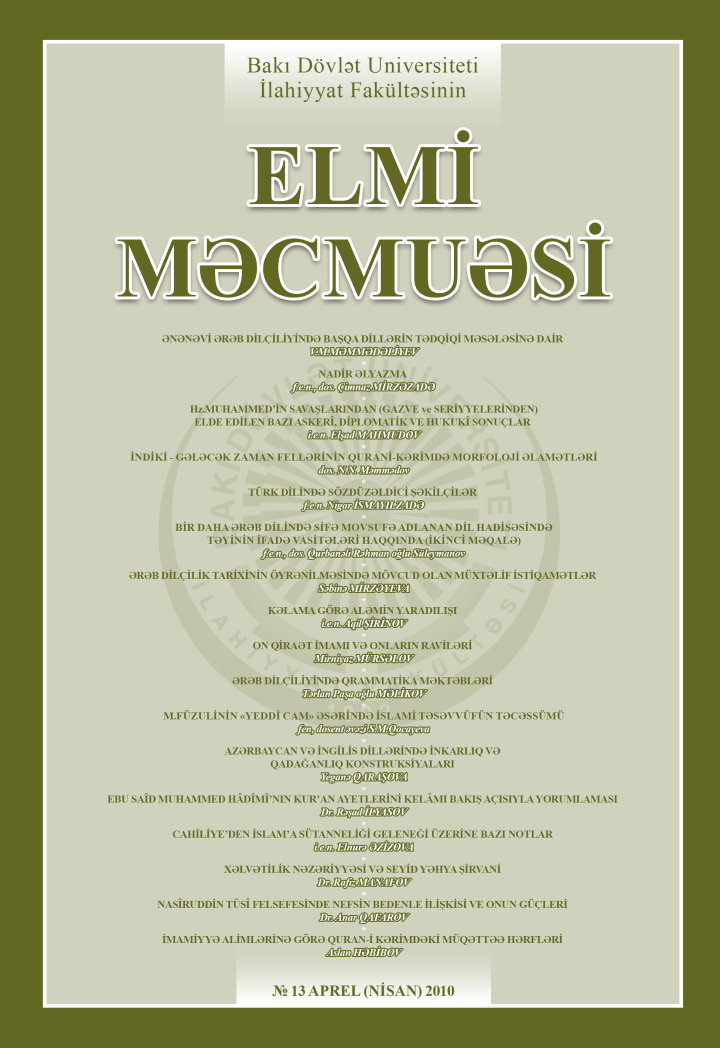İctimai sərmayə və işdə cinsiyyət
The Social Capital and Gender
Социальный капитал и гендер
Babayi Nemətollah. Siyasət-e ectemai və səlamət, fəslname-ye refah-e ectemai sal-e sevvom, şomare-ye 10.
Dəmin Torkmani Əli. Təbyin-e Oful-e Sərmaye-ye Ectemai, Fəslname-ye elmi-pəjuheşi-ye refah-e ectemai, sal-e 6, şomareye 12, 1385.
Əmiri Meysəm. Sərmaye-ye Ectemai və roşd-e an dər İran, Daneşkəde-ye Eqtesad-e Daneşgahe Tehran, 1385.
Xanduzi Ehsan. Pevənd-e motəqabele sərmaye-ye ectemai və tovsee-ye eqtesadi, fəslname-ye pəjuheşi rahbordi, şomare-ye sevvom, 1384.
Putnam Robert D. Turning in, Tuning out: The Strange Disappearance of Social Capital in America, Political Science and Politics, 27 (4), 1995, pp.800.
Rəhmani Teymur. Bərrəsi-ye sərmaye-ye ectemai bər roşd-e eqtesadi İran, fəslname-ye pəjuheşha-ye eqtesadi, Pəjuheşkəde-ye Eqtesad-e Daneşgahe Tehran, Tərbiyyəte-Modərres, sal həftom, şomare-ye dovvom, 1386.
Səadət Rəhman. Təcziye və təhlil-e vəziyyət və rəvənd sərmayeha-ye fiziki, ensani və ectemai, 1384.
Şarepur Məhmud. Əbad və karkərdhaye sərmaye-ye ectemai və pəyamədhaye hasel əz fərsayeş an - çap əvvəl, 1383.
Şeyxan Nahid. Həncarha-ye ectemai və fərhəngi dər tosee-ye karafərini, mahname-ye ettelaate-siyasi-eqtesadi, sal 21, şomare-ye 11 və 12.
Timberlake, Sharon. Social capital and genderin work place, jurnal of management development, vol 24, No 1, 2005.
Zəmani Mohsen. Sərmaye-ye ectemai, həlqe-ye məfqude-ye ədalət və tovsee, 1387.
Endirin
Məqalə Məlumatları
- Məqalə Növü Articles
- Təqdim Edildi aprel 30, 2010
- Yayımlanıb aprel 30, 2010
- Nömrə № 13(13) Aprel 2010
- Bölmə Articles
